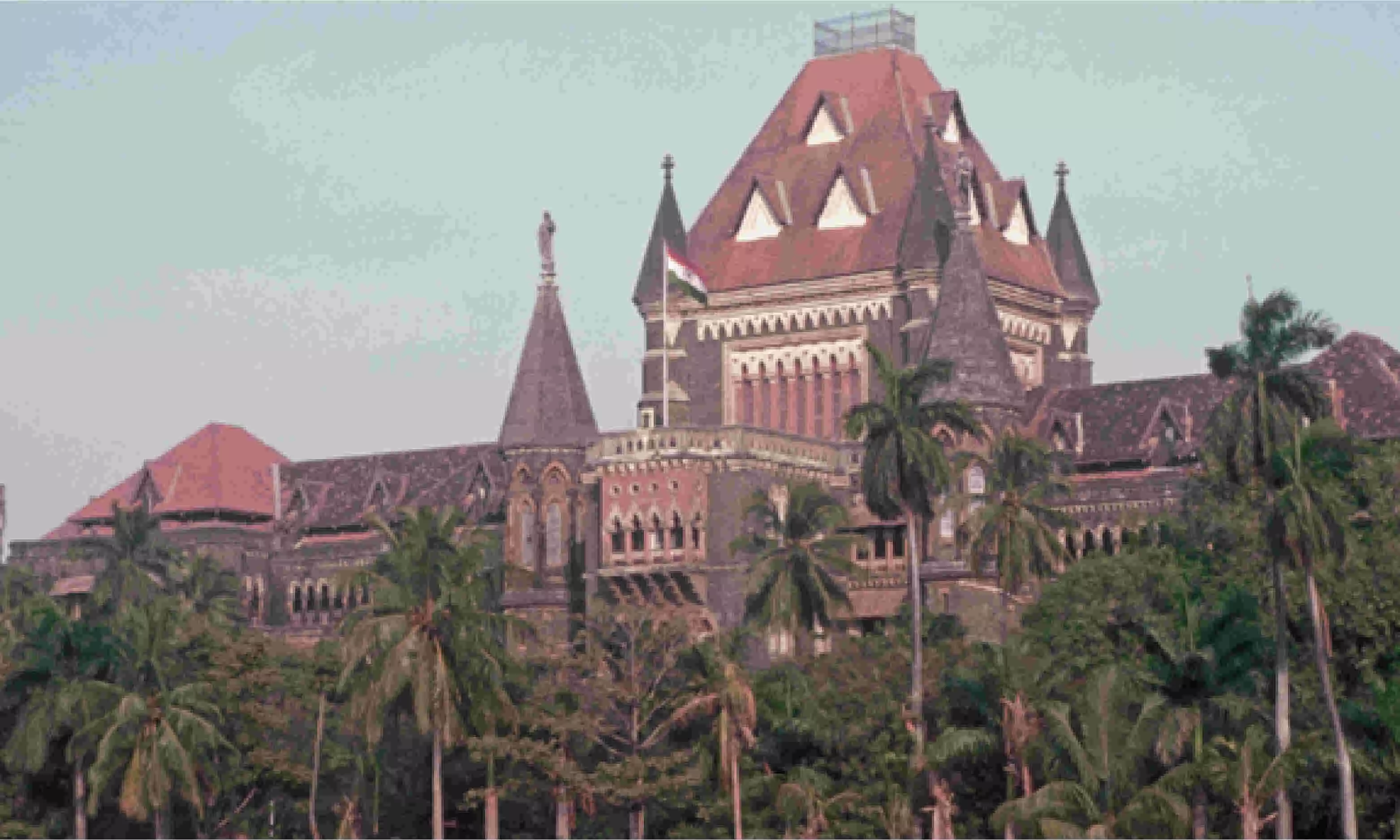
Termination Of Pregnancy Was Conducted With Consent And Within Legal Limits: Bombay HC Directs Woman To Pay Rs. 25,000 To Hospital, Quashes Criminal Charges
 |
|The Bombay High Court allowed the petition filed under Article 226 of the Constitution of India to quash criminal proceedings in case involving charges under Sections 313, 323, 376, 504, and 506 r/w 34 of the IPC and Section 5 of the Medical Termination of Pregnancy Act, 1971. The Court held that the facts presented in the FIR and other records did not disclose any serious or heinous offense. The Court noted that the termination of pregnancy was conducted with the consent of Respondent No.2 and within legal limits.
A Division Bench of Justice Anuja Prabhudessai and Justice N.R. Borkar held, “in our considered view, the facts narrated in the FIR as well as other material on record even if accepted in totality, do not disclose any offence of serious and heinous nature. The Respondent No.2 has also stated in her affidavit that she is now married, with a child and that she wants to proceed with her matrimonial life, leaving the past behind. In such circumstances, continuance of criminal prosecution is likely to jeopardize her family life.”
Advocate Yogesh Patil appeared for the Petitioners and Advocate S.V. Gavand appeared for the Respondents.
Petitioner No.1 and Respondent No.2, both police constables, had settled the dispute amicably and sought to quash the FIR with mutual consent. Respondent No.2 confirmed her consent in court.
The Court referred to legal precedents, emphasizing that serious offenses against society cannot be quashed merely on the basis of compromise, but the court should examine the material collected to assess the possibility of conviction. The Court said, “It is thus well settled that the powers under Section 482 of Cr.P.C. or Article 226 of the Constitution of India cannot be exercised to quash the proceedings involving serious or heinous offences, or offences against society, merely on the basis of the settlement between the parties.”
The Court however said, “Yet the Court cannot and should not hesitate to exercise such powers when uncontroverted allegations in the FIR and the other material collected in the course of the investigation does not disclose cognizable offence, notwithstanding the sections mentioned in the FIR or in the charge. It is therefore necessary to consider the factual matrix of the case and ascertain whether the allegations in the FIR and the other records, taken as a whole, disclose the basic ingredients of the offence.”
The Court noted that the relationship between Petitioner No.1 and Respondent No.2 was consensual. The Court said, “The allegations made in the FIR and the other material on record, even if accepted in their entirety, reveal that the physical relationship between the Petitioner No.1 and Respondent No.2 was consensual. The Respondent No.2 had indulged in sexual relationship with the Petitioner No.1 during subsistence of her marriage. Hence, the consent is not vitiated due to misconception of fact. Suffice it to say that consensual physical relationship between two adults does not constitutes rape within the meaning of section 375 of IPC.”
The FIR alleged instances of assault and forced termination of pregnancy. However, the Court found that medical records indicated that the termination was done with Respondent No.2's consent and within legal limits. The Court added, “As noted above, the records reveal that Megha the Respondent No.2 had consented to terminate the pregnancy. The report of pre-natal diagnostic test conducted on 03/03/2017 at Jaysmith Imaging Center, Barshi reveals that on 03/03/2017 the length of pregnancy was 16 weeks. The pregnancy was terminated on 30/03/2017. Hence, as on that date of termination of pregnancy, the length of pregnancy would be 19 weeks 6 days, which is within the permissible limits, stipulated in Section 3(2) of the M.T.P. Act, 1971. Even otherwise, as stated earlier, termination of pregnancy was with consent of Respondent No.2 and hence, Section 313 of the IPC is not attracted. Section 312 of IPC, even if made out, is compoundable with permission of the Court by the woman to whom miscarriage is caused. ”
Considering the consensual nature of the relationship and the lack of evidence for serious offenses, the Court allowed the petition. The criminal proceedings were quashed, and Respondent No.2 was directed to pay costs to Tata Memorial Hospital, Mumbai.
Cause Title: Sandip Sundarrao Patil & Ors. v. The State of Maharashtra and Anr., [2023:BHC-AS:29811-DB]
Click here to read/download Judgment